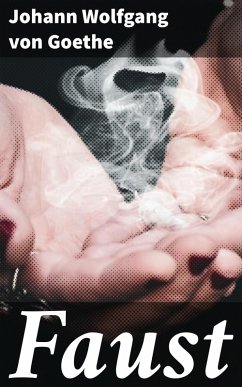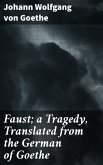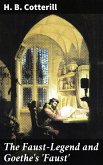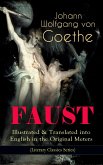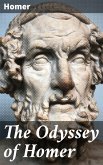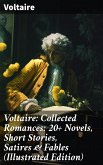Goethe's "Faust" is a monumental literary work that intricately weaves together themes of ambition, desire, and the quest for meaning through the dual narratives of scholarly pursuit and moral quandary. Written in a poetic and dramatic style, the text captures the essence of Romanticism, showcasing deep philosophical reflections, vivid characterizations, and a dynamic interplay between light and darkness. The story chronicles the eponymous protagonist, Faust, who, dissatisfied with his life, makes a pact with Mephistopheles, the devil, exchanging his soul for unlimited knowledge and worldly pleasures, ultimately reflecting humanity'Äôs eternal struggle with existential dilemmas. Johann Wolfgang von Goethe (1749-1832), a seminal figure in German literature, drew on his diverse experiences'Äîfrom his studies in law and natural sciences to his deep interests in philosophy and art'Äîto craft "Faust." Written over several decades and influenced by various philosophical movements, including Enlightenment and Romanticism, Goethe's exploration of human emotions and ethical choices reflects his own intellectual evolution and a profound engagement with contemporary concerns about reason, spirituality, and the limits of ambition. "Faust" is not merely a tale of damnation; it is an invitation to explore the depths of human ambition and the intricacies of moral choice. I recommend this profound work to anyone captivated by the interplay of knowledge and desire, as it remains a timeless reflection on the human condition, urging readers to ponder their own paths in life.
Dieser Download kann aus rechtlichen Gründen nur mit Rechnungsadresse in A, B, BG, CY, CZ, D, DK, EW, E, FIN, F, GR, H, IRL, I, LT, L, LR, M, NL, PL, P, R, S, SLO, SK ausgeliefert werden.

